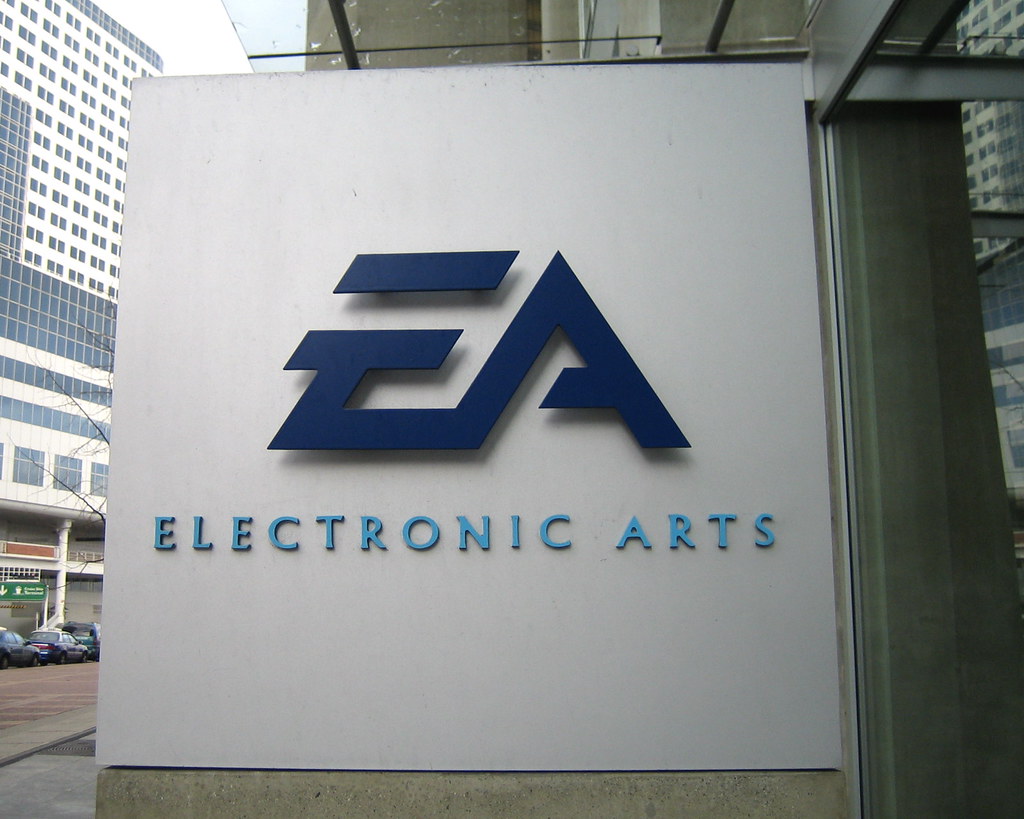A new report from Business Insider has revealed just how extensive EA’s AI strategy could be. The use of AI in game development is a contentious issue among both audiences and developers, with the overall player experience and widespread industry layoffs at the core of AI-scepticism.
However, the decision by EA to drive full-steam ahead into development with AI has only muddied their recent controversial public image further.
The Scale of EA AI Strategy
Business Insider’s report includes anonymous testimonies from EA employees, who say that all ~15,000 people working under the company are being encouraged to implement AI into their daily workflow.
This isn’t just restricted to game development either, with EA’s internal AI as far reaching as interpersonal and HR matters. Regardless of whether AI is being used for creative work or office functions, the employees using it have expressed their concern around what it means for their job security, as they are effectively training these AI tools to replace them.
EA made it clear back in May that they intended to include AI as a core part of their strategy going forward, but they also mentioned a certain caution around it which appears notably absent in the details of this report.
Recent EA Controversy
It’s difficult to assess what this means for gaming as a whole. EA is undoubtedly a heavyweight in the industry, with several studios under its umbrella that have produced some of 2025’s fastest-selling games – including Battlefield and EA Sports FC. However, it’s also a studio draws controversy for its overt prioritisation of monetising games.
This was only exacerbated by their recent Saudi Arabia-backed buyout, which recently sparked a new conversation around company ethics, but also the direction the gaming industry as a whole is heading.
However, EA isn’t the only company that’s looking to put a greater focus on AI when it comes to game development. Krafton, the South Korean developer and publisher behind games like Subnautica, PUBG and The Callisto Protocol, recently announced that they were re-organising their approach to become an “AI first” company.
These aren’t just empty statements either; Krafton invested the equivalent of nearly $70 million (USD) in the technology that’s required to make this happen. This showcases the kind of confidence that some companies have in the potential of AI to shape their work, but many people remain unsure of the quality of the final product, and what it means for the human workforce.

